
The Free Press

To my neighbors, to my supposed enemies,
These have been the darkest of days for you. They have been dark for me, too. All I want to do is give you a hug. But I cannot do that.
For one, I am a Palestinian who lives in a small village in the West Bank. The crossings have been closed ever since October 7, so I cannot physically reach you, despite being just a few miles away.
But beyond the practical barriers that exist between us, people like me aren’t supposed to embrace people like you. Where I come from, we are called traitors for doing just that.
I had always been proud to be Palestinian. That changed on October 7. Seeing those images of women, children, and elderly taken as hostages or killed by Hamas, I felt deeply ashamed that such hate could have any home among my people. And I said so. I spoke out publicly on social media—saying that the massacre was unequivocally wrong—and expressing my love for my friends in Israel.
Now, I’m trying to flee the neighborhood I called home for my entire life because the people around me don’t understand how I could hold such a belief. Because being called a traitor means something where I live. It means groups like Hamas will try to kill you.
If I’m a traitor for saying that murdering and kidnapping innocent women, babies, and the elderly is wrong then yes, I am a traitor. If I’m a traitor for weeping alone in my bedroom over the murder of six more innocent souls by terrorists who are on the side of endless death and destruction, then yes, call me a traitor.
The reason that this letter is anonymous—and the reason I recently spoke on Honestly without my real name—is because I fear for my life. Those are the stakes for a Palestinian in the West Bank who publicly expresses any sympathy for Israelis.
This letter is a small gesture, but it is all I can do right now. It is my way of insisting that you and I share something fundamental: our humanity.
That is what Hersh Goldberg-Polin believed in as well.
Like millions of people around the world, I have followed Hersh’s story since October 7, as if he were someone I knew personally. In those early days, I remember seeing a Facebook post with a picture of Hersh’s bedroom. It showed a poster on the wall—a picture of Jerusalem—with a slogan in Hebrew, Arabic, and English: “Jerusalem is everyone’s.”
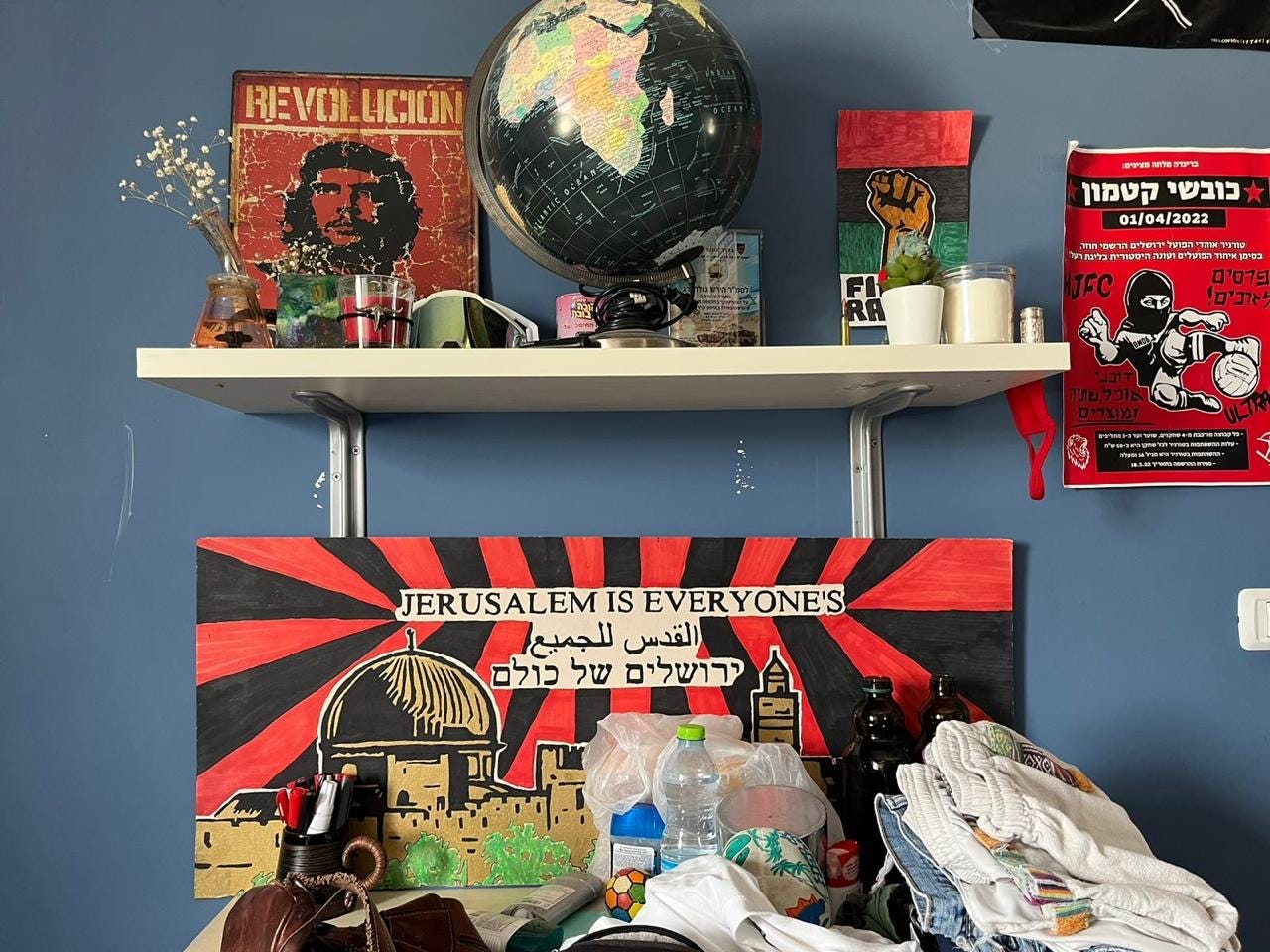
It was instantly clear to me who Hersh was. He was someone who believed deeply in peace, tolerance, and a better future for this plagued region. I became attached to Hersh, as I imagine so many others did, and felt like he was a long-lost friend or a little brother I should watch over and keep safe.
When I heard the news this weekend that Hersh and five others—Eden Yerushalmi, 24, Ori Danino, 25, Alex Lobanov, 32, Carmel Gat, 40, and Almog Sarusi, 27—were murdered by Hamas, it stung in a way I didn’t know news could sting. I sat alone in my bedroom—where I have spent most of my days since October 7—and cried.
But people in my neighborhood didn’t cry. On social media, some were even pleased that the hostages returned in coffins. “That is good that the guys [Hamas] shot them,” read one post I saw. Another: “It’s the best thing that Hamas did.” Others questioned their deaths, claiming that Israel—not Hamas—was responsible. Comments like: “Lies and slander. The resistance fighter doesn’t kill a prisoner. This is our prophet’s message.” And, “Congrats Bibi, you got rid of another 6. Not many left.” As hard as it is for me to admit, the majority of reactions were rather pleased that these six Israelis didn’t return alive.
For me, all lives are sacred. I cried for Hersh and the other hostages just as deeply as I do for innocent Palestinians whose lives have been destroyed by this war. That some people react to the deaths of hostages with celebration or satisfaction is simply beyond my comprehension. It’s something I can’t digest or accept. But I also know how it happens: Kids here are taught from an early age to hate Israelis, to view them as enemies, as occupiers who shouldn’t be anywhere in this land. They live their entire lives with this hate and do not know anything else. I was lucky to have experiences in my life with Jews and Israelis that gave me a radically different understanding.
I can’t speak for my people any more than a single Israeli can speak for all of you, but still I feel compelled to say: I’m sorry. Please accept my sincere apologies. I regret that we have failed you. I regret that my people have failed you. I may be just one voice but it’s important for me to say as a Palestinian, I mourn with you and stand by your side.
As Hersh’s father said, “This is not a political issue; it is a humanitarian one.” That is what I believe. I am Palestinian. But above all, I am a human being. It doesn’t matter which side of the fence you live on. There is evil and there is good. And I stand on the side of good, whatever the cost.
With a heavy heart and deep sorrow, I am your brother.
If you have a job opportunity for this person please email: contact2024m@gmail.com.
And if you want to contribute to his relocation expenses, please click here.

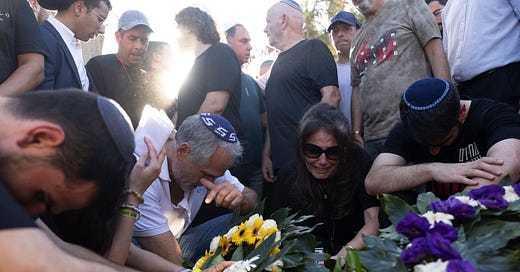


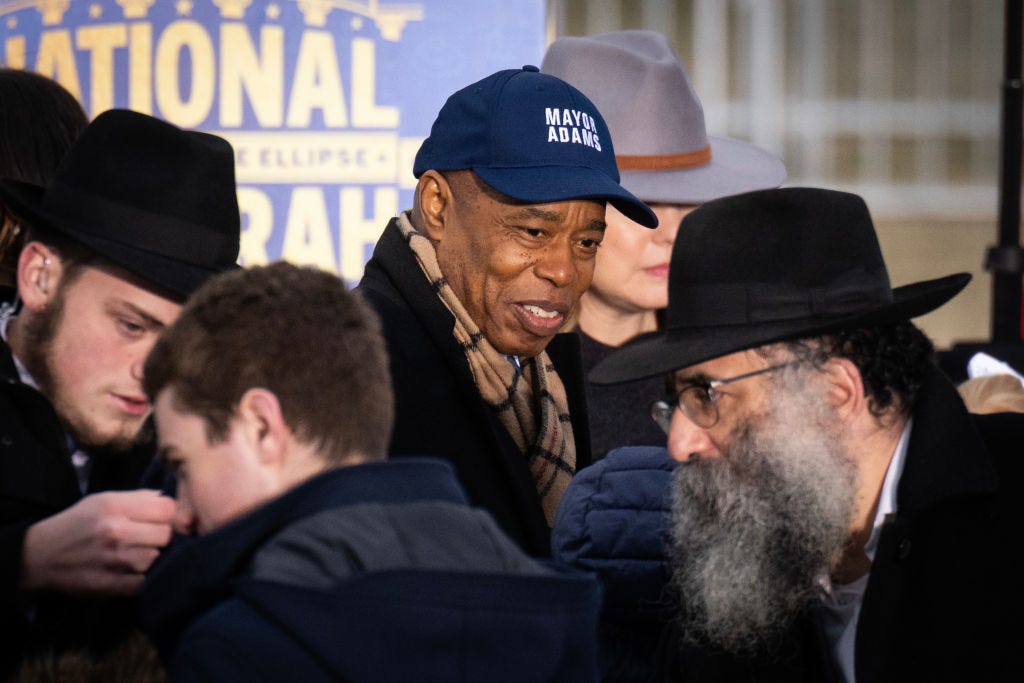

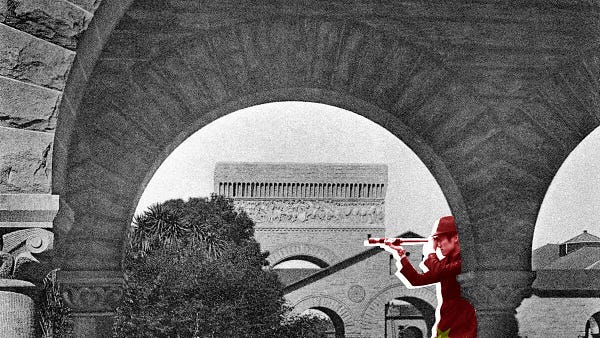



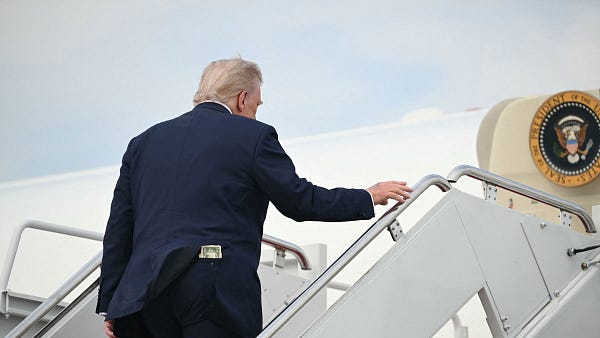



God Bless and Keep You, Anonymous. 🙏💕
In the photo of “Hersh’s bedroom” what is the poster in the colors of the Palestinian flag that says “Free Ra__”? The letters are not visible. Does it say “Free Rafa” and if so was it placed there after his kidnapping. This seems very odd to me.